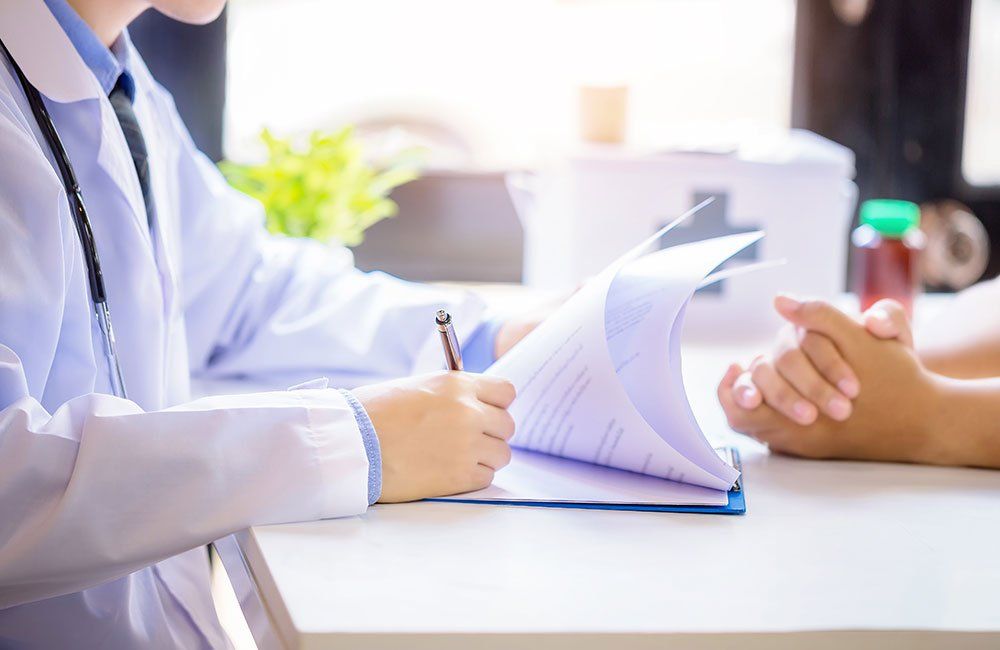Ipswich Digestive Health Group
Other Therapies
OTHER THERAPIES
Therapies which may be performed at the time of Gastroscopy:
- Often a biopsy is performed to take samples of any abnormal areas within the stomach, oesophagus or duodenum. This is a very safe procedure. Very rarely, there can be bleeding.
- If you have gastro-oesophageal reflux, you may have a condition called Barrett’s oesophagus which is abnormal tissue within the oesophagus. If we do find this, biopsies are taken. This helps identify if any abnormal cells dysplasia are present.
- Polyps can occur in the stomach. Most polyps are benign. Very rarely do these polyps develop into malignancy. Some polyps may not need to be removed if they are clearly of a type of polyp known as cystic fundic polyps. Other polyps, however, may require removal with a snare placed around the polyp and removed with diathermy. Rarely there can be a risk of bleeding or perforation following the polypectomy.
- If you have problems swallowing food, you may have a stricture or narrowing of the oesophagus. This can require dilation. During the endoscopy, a special dilator is passed through the narrowing to stretch this area. This will then improve your swallowing. This is a safe procedure but there can be a risk of bleeding or discomfort or rarely, perforation. If you do have a dilation performed, you may require a soft diet following this procedure for 24 hours.
- If bleeding is identified at endoscopy, this may require therapy with an injection, the use of a diathermy gold probe, or metal clips to stop the bleeding.


